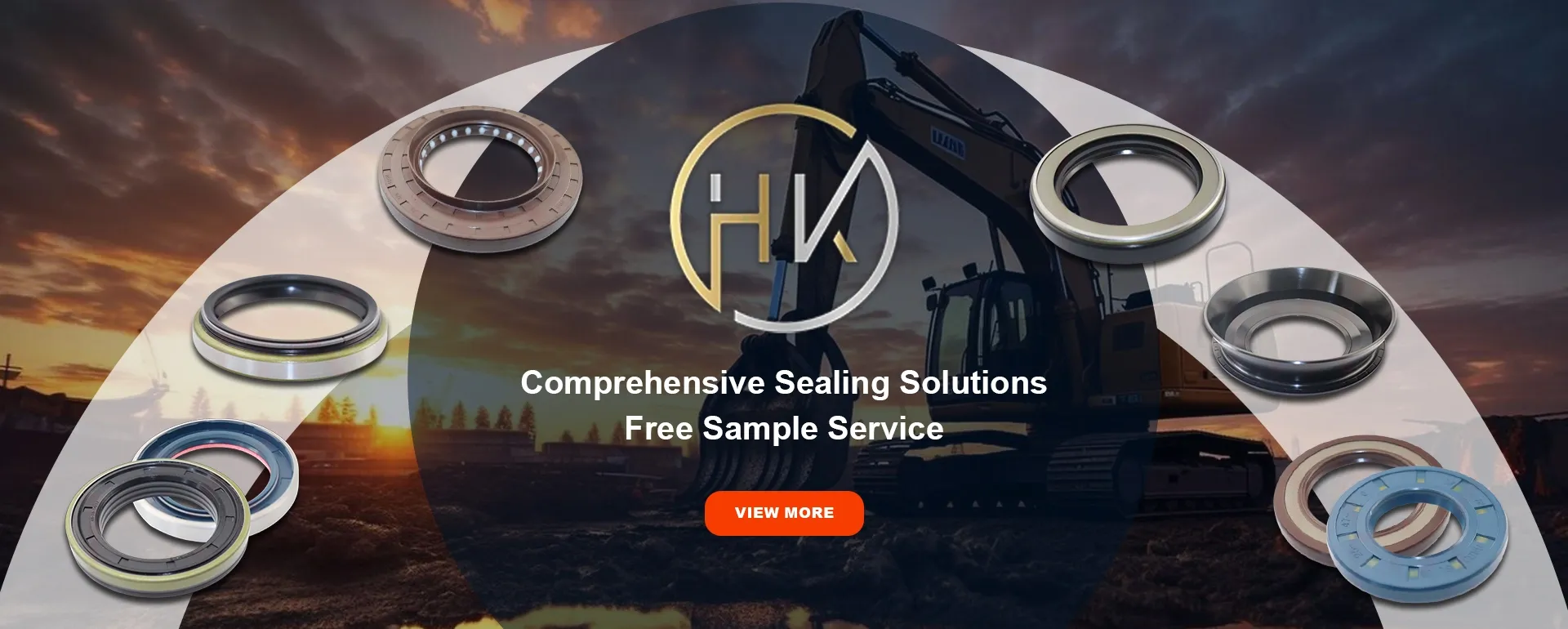10 月 . 14, 2024 19:16 Back to list
Understanding Oil Seals and Their Importance in Mechanical Applications
Understanding Oil Seals Purpose, Types, and Applications
Oil seals, also known as fluid seals or grease seals, are crucial components in various machinery and automotive applications. They are designed to retain lubricants while preventing contaminants, such as dirt and water, from entering critical areas within machines. The performance of an oil seal can significantly influence the operational efficiency and longevity of mechanical systems.
Purpose of Oil Seals
The primary function of oil seals is to contain lubricants, ensuring that they do not leak from the system. This containment is vital for maintaining optimal operating conditions, as lubrication reduces friction and wear between moving parts. Moreover, oil seals protect machinery components from external contaminants, which can cause corrosion, wear, and eventual failure. They serve in various applications, including engines, gearboxes, pumps, and hydraulic systems, making their performance critical to the overall operation of the machinery.
Types of Oil Seals
Several types of oil seals exist, each designed for specific applications and environments
. Some common types include1. Single-lip Oil Seals Generally used for applications where there is moderate pressure and the risk of contamination is low. They are simple in design and effective in controlling leakage from rotating shafts.
2. Double-lip Oil Seals These seals have two lip structures and are effective in preventing leakage from both sides of a shaft. They are ideal for environments where contamination from both sides is a concern.
3. Spring-loaded Oil Seals A spring is incorporated into the design to enhance the sealing force against the shaft. This type is particularly useful in high-speed applications and where creating a robust seal is essential.
oil seal

4. V-Rings These are not oil seals in the traditional sense, as they do not fit around a shaft. Instead, they are a type of lip seal positioned at the end of a shaft, providing a barrier against dirt and debris.
5. Customized Seals For specialized applications, manufacturers can create customized oil seals that meet specific demands regarding size, material, and design.
Materials Used in Oil Seals
The materials used in making oil seals are critical for their performance. Common materials include rubber, silicone, and various thermoplastics. The choice of material depends on the operating environment—factors such as temperature, pressure, and exposure to chemicals play a significant role. For instance, nitrile rubber is often used for general oil sealing applications due to its excellent oil resistance, while fluorocarbon (Viton) seals are preferred in high-temperature environments.
Applications of Oil Seals
Oil seals are found in numerous industries, including automotive, aerospace, manufacturing, and agriculture. In the automotive sector, they play a pivotal role in engines, transmissions, and differentials, ensuring the efficient operation of vehicles. In industrial settings, they are used in pumps, compressors, and various rotating machinery to prevent oil leakage and protect against contamination.
Conclusion
Oil seals are essential components in machinery, serving the dual purpose of retaining lubricants and protecting internal parts from external contaminants. Understanding the different types and materials of oil seals is crucial for selecting the appropriate seal for specific applications. As technology advances, oil seals continue to evolve, offering enhanced performance and greater durability, thereby contributing to the efficiency and reliability of mechanical systems. By investing in high-quality oil seals and proper maintenance, industries can ensure smoother operation, reduce downtime, and prolong the life of their machinery.
-
The Power of Advanced Sealing: High-Pressure Solutions for Modern Machinery
NewsOct.29,2024
-
Optimizing Machinery with High-Performance Oil Seals
NewsOct.29,2024
-
Maximizing Machinery Efficiency with Advanced Oil Seals
NewsOct.29,2024
-
Ensuring Equipment Longevity with Quality Oil Seals
NewsOct.29,2024
-
Enhance Equipment Performance with Quality Oil Seals
NewsOct.29,2024
-
Custom Oil Seals for Specialized Machinery Needs
NewsOct.29,2024
-
The Role of Wiper Seals in Dust Sealing and Oil Protection
NewsOct.20,2024
Products categories
















